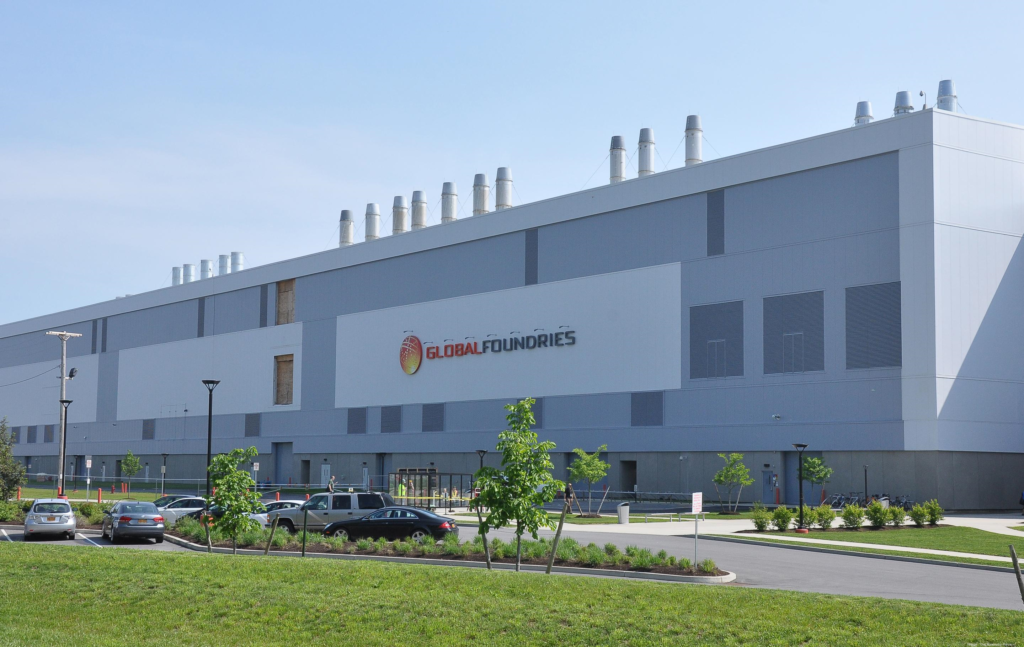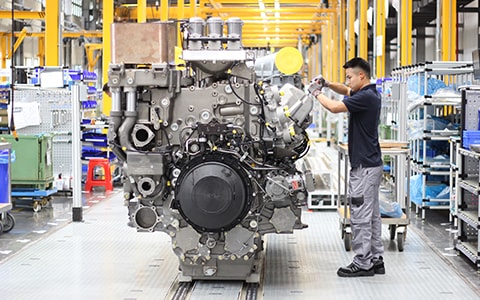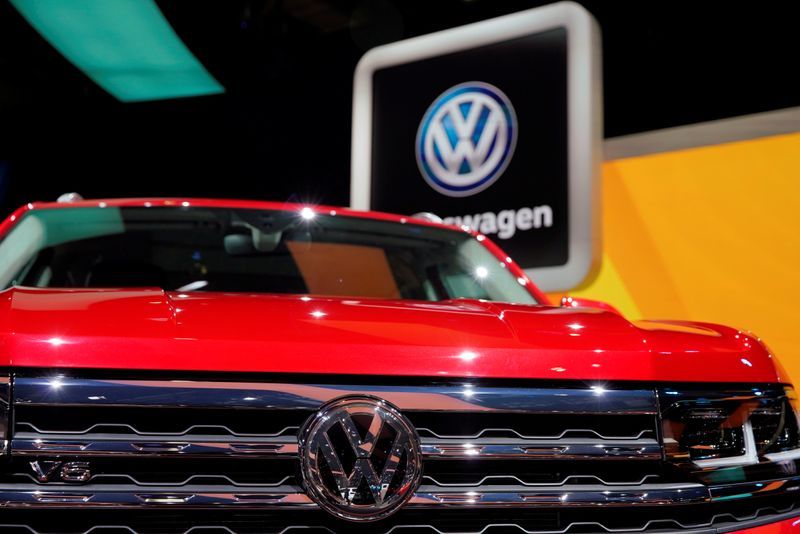Rolls-Royce (RR.L) will provide 70 of its mtu Series 4000 engines, produced in Yulin by MTU Yuchai Power, the Chinese Joint Venture with Yuchai Diesel, for use in generator sets that will be packaged and distributed by emergency power systems provider Hefei Calsion Electric System Co., Ltd. The gensets will be installed at multiple semiconductor manufacturing locations in China to ensure that chip production is not affected by power failures.
The rapid expansion of information technology applications such as artificial intelligence, cloud computing, big data and Internet of Things (IoT), has resulted in growing market demand for semiconductor products. In recent years, Chinese semiconductor enterprises have experienced a significant growth period due to the acceleration of domestic insourcing and the upgrade of industrial technologies.
The guarantee of continuous power supply is critical for semiconductor factories, as the manufacturing process is very sensitive. The products on the production line are at risk of being scrapped after even a few minutes of power disruption. The mtu engine-powered generator sets installed by Calsion will provide uninterrupted switching between diesel engines and grid power to deliver continuous loading capacity under high load conditions, helping to ensure the stable operation of production lines and special process systems such as safety, clean room, and cooling and pure water systems.
As the leader of semiconductor power system solutions, Hefei Calsion Electric System Co., Ltd. specializes in the R&D, manufacturing, marketing and services of generator sets, and has R&D centers, modern production bases and first-class test systems. Its original semiconductor power system solution has won a market share of more than 70% of the domestic semiconductor industry emergency power system solution-based projects in China. It is a strategic partner and designated OEM manufacturer of Rolls-Royce in China, as the two parties have maintained close cooperation for 18 years.



